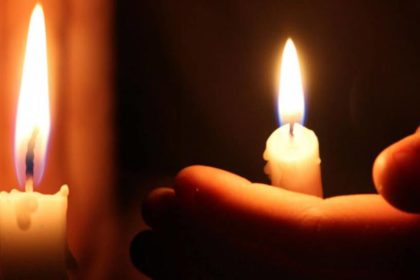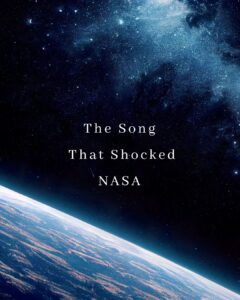As I read the incredible article below, I couldn’t help but reflect on a scripture that’s been on my mind all week:
“Stretch out your hand to heal and perform signs and wonders through the name of Jesus.” Acts 4
May it be.
And now, enjoy this amazing article from Kerry McDonald at the Foundation for Economic Education, published on Friday, March 27, 2020:
College students around the world left campus this month, unsure when they would return and what daily life would look like until then. Forced to leave their friends and classmates behind and return to their childhood bedrooms, young people, who on average are less impacted by COVID-19’s dire health effects, may understandably feel angry and resentful. Free and independent, with their futures full of possibility, these students are now home and isolated. It can seem wholly unfair and depressing. But the story of another college student in a similar predicament might provide some hope and inspiration.
Isaac Newton’s Quarantine Experience
In 1665, “social distancing” orders emptied campuses throughout England, as the bubonic plague raged, killing 100,000 people (roughly one-quarter of London’s population), in just 18 months. A 24-year-old student from Trinity College, Cambridge was among those forced to leave campus and return indefinitely to his childhood home.
His name was Isaac Newton and his time at home during the epidemic would be called his “year of wonders.”
Away from university life, and unbounded by curriculum constraints and professor’s whims, Newton dove into discovery. According to The Washington Post: “Without his professors to guide him, Newton apparently thrived.” At home, he built bookshelves and created a small office for himself, filling a blank notebook with his ideas and calculations. Absent the distractions of typical daily life, Newton’s creativity flourished. During this time away he discovered differential and integral calculus, formulated a theory of universal gravitation, and explored optics, experimenting with prisms and investigating light.
Newton biographer James Gleick writes: “The plague year was his transfiguration. Solitary and almost incommunicado, he became the world’s paramount mathematician.” (p. 34). Newton himself would say about this forced time away from university life: ‘For in those days I was in the prime of my age for invention & minded Mathematics & Philosophy more than at any time since.’”
The Great Plague eventually ended and Newton returned to Trinity College to complete his studies, becoming a fellow and ultimately a professor. The discoveries he made during his time away from campus, though, would form the foundation of his historic career for years to come and become some of the greatest scientific breakthroughs.
This is a trying time for all of us, as our lives are upended and our routines are disrupted due to the pandemic. There is much to despair about. But this could also be a time for reflection and discovery. The sudden change to the rhythm of our days, and the associated isolation, could unleash our imaginations and inventiveness in ways that might have been impossible under ordinary circumstances.
Rather than being a nadir, this “social distancing” experience could be the peak of your creativity and production. This could be the time when you formulate your greatest ideas and do your best work. This could be your year of wonders.

Kerry McDonald
Kerry McDonald is a Senior Education Fellow at FEE and author of Unschooled: Raising Curious, Well-Educated Children Outside the Conventional Classroom (Chicago Review Press, 2019). She is also an adjunct scholar at The Cato Institute and a regular Forbes contributor. Kerry has a B.A. in economics from Bowdoin College and an M.Ed. in education policy from Harvard University. She lives in Cambridge, Massachusetts with her husband and four children. You can sign up for her weekly newsletter on parenting and education here.
This article was originally published on FEE.org. Read the original article.




